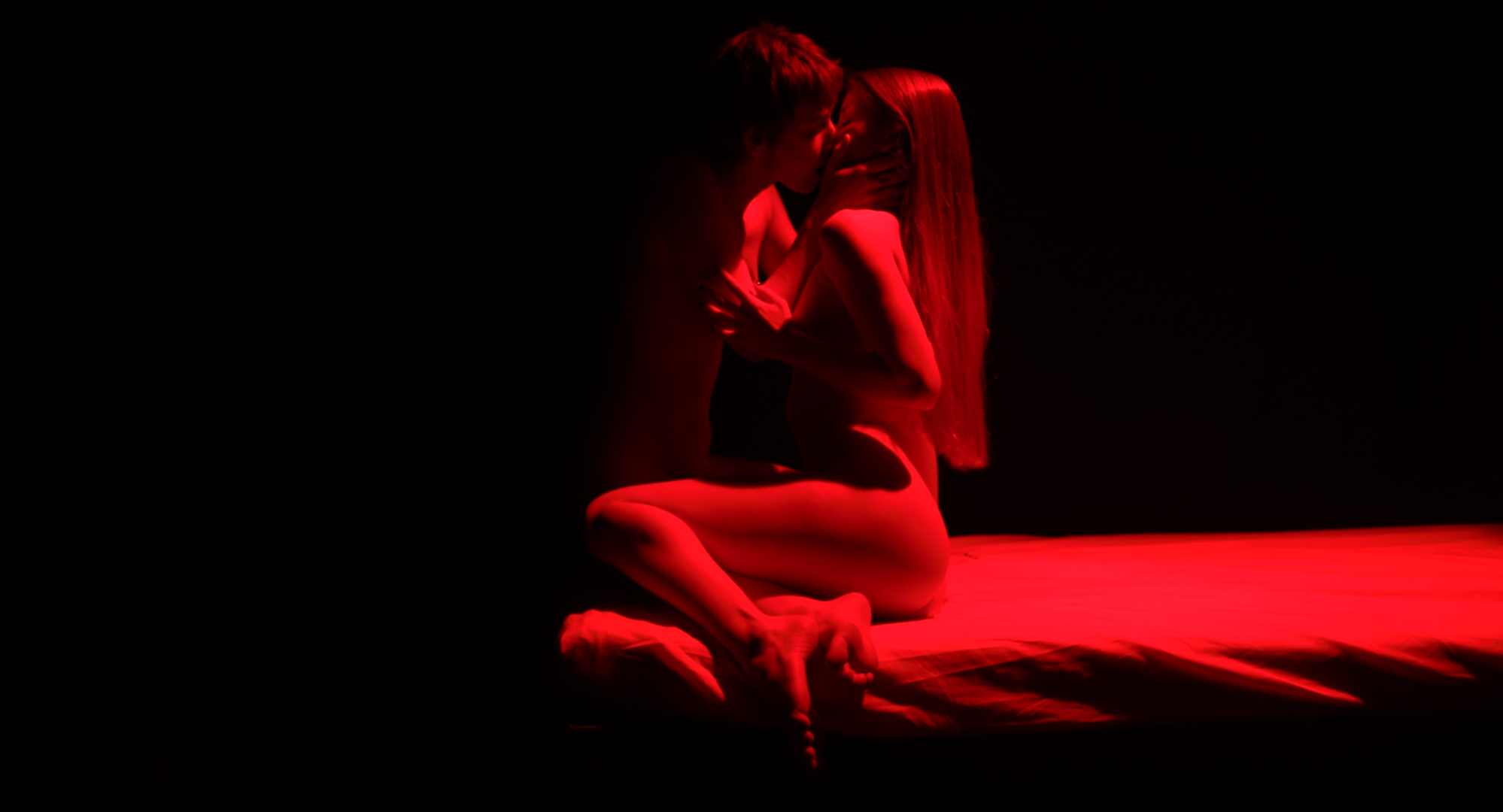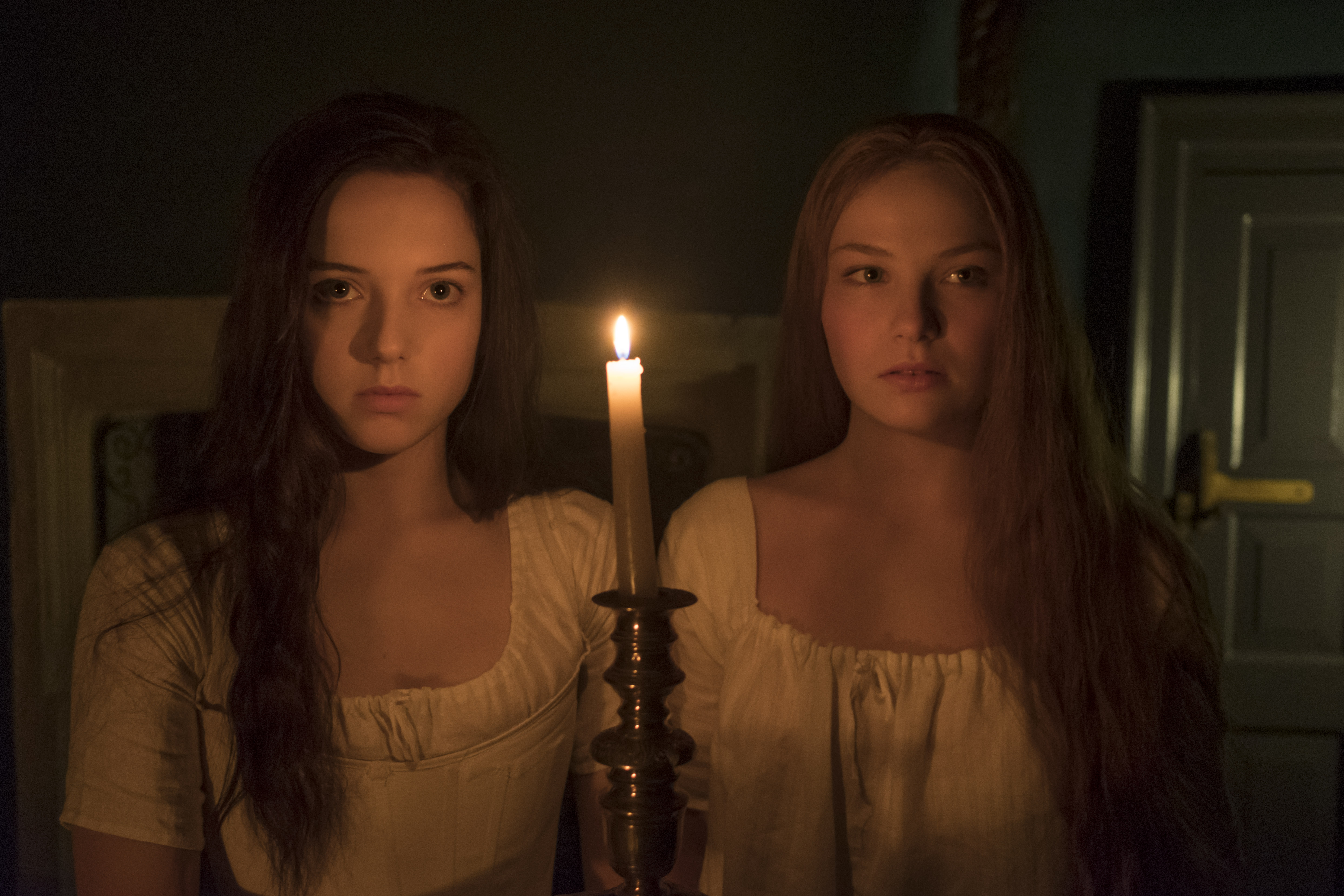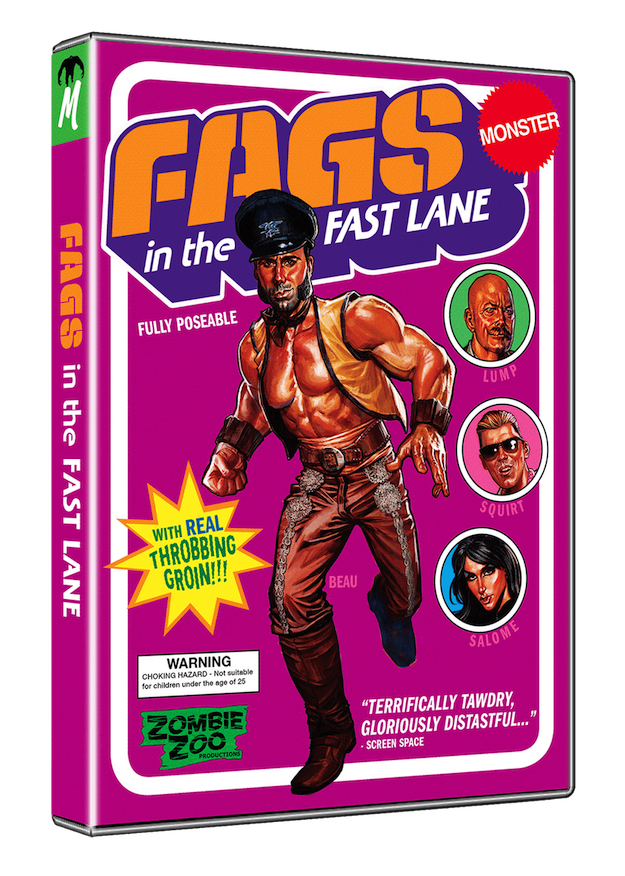
by Michele Kirichanskaya | Sep 16, 2020 | Blog
Bred in Alaska, James Sweeney is an actor-turned-playwright-turned-filmmaker. His debut feature, Straight Up, was the Breakthrough Centerpiece at Outfest and distributed by Strand Releasing. I had the pleasure of interviewing him recently, which you can read below. To...

by Justin Lockwood | Nov 7, 2019 | Blog
Spiral is the quintessential film I wanted to like more than I actually did. I was excited to review a queer horror film, especially one specifically addressing homophobia in the 1990s. Alas, Spiral’s reach winds up exceeding its grasp. Jeffrey...

by Justin Lockwood | Oct 31, 2019 | Blog
“Bathroom Troll” This year marks the second year for Slayed! LGBTQ Horror Shorts at the Brooklyn Horror Film Festival. This co-presentation with NYC’s queer NewFest film festival continues to offer an eclectic and interesting selection, even if a...

by Justin Lockwood | Oct 24, 2019 | Blog
Devrim Lingnau and Hannah Rae in Carmilla It feels like it’s been a few years since we had a good old fashioned Victorian horror film; perhaps not since Guillermo Del Toro’s underrated Crimson Peak. So the moody, intelligent Carmilla (inspired by the gothic novel by...

by Justin Lockwood | Jul 31, 2018 | Blog
With a title like Fags in the Fast Lane, you expect a certain type of movie: politically incorrect. Exploitation throwback. Very, very silly. Australian production company Zombie Zoo Productions delivers on all of these counts, though my take is that...






